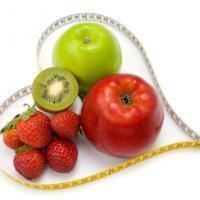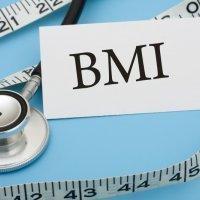Phosphorus and Foods High in Phosphorus
Our body contains 500-800 grams of phosphorus. Up to 85% of it is comprised in our bones and teeth.
Phosphorus affects mental and muscular activities. Along with calcium, it participates in formation of bone tissue and gives strength to our teeth and bones. Phosphorus takes part in almost every chemical reaction that implies energy production in our body. It is involved in metabolism of proteins, carbohydrates and fats. Phosphorus is also important for protein synthesis and is included to DNA and RNA. Together with magnesium and calcium, phosphorus supports our bone structure.
The daily requirement of phosphorus is 1000-1200 milligrams. Upper intake level of this nutrient is not set. Insufficient intake of proteins and intense exercising require increased daily doses of phosphorus (up to 1500-2000 milligrams).
Phosphorus Deficiency
Lack of phosphorus can result in the symptoms like poor appetite, weakness, fatigue, violations of limbs sensitivity, pain in bones, numbness and tingling, anxiety and a sense of alarm. However, phosphorus deficiency is extremely rare, since this element is contained in many products. It is even more common than calcium. There are only two groups of risk of phosphorus deficiency. The first one includes people who drink too much alcohol, and the second consists of patients with digestive tract disorders.
Dietary Toxicity Of Phosphorus
Hyperphosphatemia is a disease caused by excessive amount of phosphorus in the body. It may be a result of improper supplements ingesting or the chronic kidney disorder.
High Phosphorus Foods List
1. Pumpkin Seeds

| Seeds, Pumpkin And Squash Seed Kernels, Dried | |
| 100 g | 1 cup (129 g) |
| Phosphorus: 1233 mg (123% DV) |
Phosphorus: 1591 mg (159% DV) |
100 grams of these seeds contains 123% of our daily need in phosphorus. They are also rich in vitamins of B complex, A, C, D and E, and such minerals as calcium, selenium, potassium, iron, zinc and magnesium. Pumpkin seeds are usually consumed by people with vegetarian or raw food diet as a substitution for animal fats. The most beneficial for our health are the seeds, which were not affected by heat. It is best to dry them for several days in the sun, and then peal just before eating.
2. Cheese
 Types of Cheese High in Phosphorus (100g):
Types of Cheese High in Phosphorus (100g):
| Cheese, Romano | |
| 100 g | 1 oz (28 g) |
| Phosphorus: 760 mg (76% DV) |
Phosphorus: 215 mg (22% DV) |
A 100 gram serving of Romano cheese can provide our body with 76% of its daily phosphorus need. Such cheeses as Parmesan and goat cheese are not as rich in phosphorus.
All the valuable properties of this product are the result of its great amino acid composition, large amount of tryptophan, and a firm amount of milk fat. By the way, you do not have to be afraid of fat in cheese as long as you consume it in reasonable doses. Recent studies on nutrition have shown that 20-30 grams of cheese per day is the amount that can be eaten even during the strictest diet, because milk fat in small quantities helps reduce appetite.
3. Salmon
| Salmon, Coho, Farmed | |
| 100 g | 1 fillet (159 g) |
| Phosphorus: 292 mg (29% DV) |
Phosphorus: 464 mg (46% DV) |
A 100 gram portion of this sea delicacy comprises 29% of our daily need in phosphorus. Other valuable nutritious elements in salmon are vitamins D, B6 and B12, which strengthen bone tissue, improve skin, hair and nails. The same purpose has potassium, which is also included to this valuable fish. These properties make salmon meat especially useful for the developing child's body. Due to the high content of easily digestible protein, salmon is considered to be a dietary product. In addition, the substances contained in its meat can improve absorption of fats and sugars. This suggests that consumption of this fish reduces the risk of diabetes development. Studies have also confirmed the beneficial influence of salmon on our nervous system. It has a calming and relaxing effect.
4. Oysters
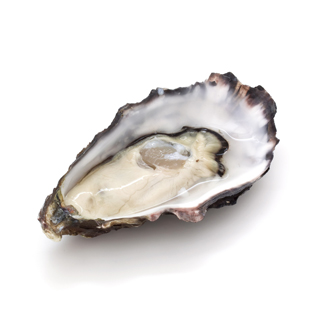 Types of Oysters High in Phosphorus (100g):
Types of Oysters High in Phosphorus (100g):
| Oyster, Pacific | |
| 100 g | 1 medium (50 g) |
| Phosphorus: 162 mg (16% DV) |
Phosphorus: 81 mg (8% DV) |
100 grams of oysters contains 16% of our daily need in this element. High nutritional value and unique chemical composition determines oysters' delicate taste and tonic effect on our nervous system. Their meat is rich in protein, fat, minerals (iron, copper, calcium, iodine), and vitamins B1, B2, B12 and PP. Eat 6 oysters per day and your need for iron and copper will be fully covered! Another vital element comprised in oysters is omega-3 fats. Scientists have found that these fats successfully help fight breast cancer.
5. Lean Pork
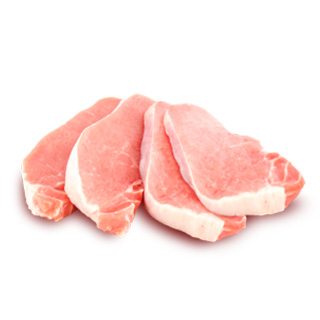 Types of Lean Pork High in Phosphorus (100g):
Types of Lean Pork High in Phosphorus (100g):
| Pork, Cured, Ham, Steak, Boneless, Extra Lean, Unheated | |
| 100 g | 1 slice (57 g) |
| Phosphorus: 260 mg (26% DV) |
Phosphorus: 148 mg (15% DV) |
100 grams of this meat contains 30% of our daily need in phosphorus. Besides that, pork meat contains a large number of iron and zinc, which are known for their beneficial effect on patients with cardiovascular diseases. However, the main benefit of pork meat is contained in a wide range of vitamins it can supply our body with. Studies have shown that pork is rich in vitamins of B group. It is, obviously, high in animal protein. That is why doctors recommend including this meat to the diet of lactating women. Protein from pork positively affects production of breast milk.
6. Lean Beef
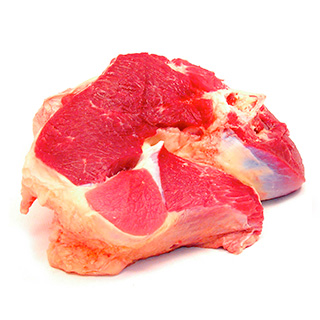 Types of Lean Beef High in Phosphorus (100g):
Types of Lean Beef High in Phosphorus (100g):
| Beef, Chuck For Stew, Separable Lean And Fat, Choice | |
| 100 g | 1 lb (454 g) |
| Phosphorus: 217 mg (22% DV) |
Phosphorus: 984 mg (98% DV) |
Lean beef comprises various vitamins like B complex and E, and such minerals as magnesium, calcium, potassium, sodium, iron and copper. It is as high in phosphorus as pork.
Rich nutrient composition of beef contributes to its ability to regulate the amount of glucose in our blood. This meat is good for health of our skin, digestive and nervous systems. It is especially necessary for young children and people with serious diseases. It also contains gelatin, which contributes to better blood clotting. Therefore lean beef is recommended to patients who suffer from cardiovascular diseases.
7. Shrimps
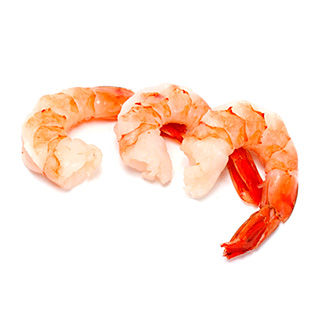 Types of Shrimps High in Phosphorus (100g):
Types of Shrimps High in Phosphorus (100g):
| Crustaceans, Shrimp, Mixed Species | |
| 100 g | 1 medium (6 g) |
| Phosphorus: 244 mg (24% DV) |
Phosphorus: 15 mg (1% DV) |
High in protein, a portion of shrimps comprises about quarter of your daily need in phosphorus. But you need to remember that this seafood should be cooked very carefully, because in case of overcooking shrimps lose most of their nutrients and become tasteless. That is why you should always follow the cooking instructions from the manufacturer. Fried shrimps taste much better, but they are not suitable for those who want to lose weight. Frying dramatically increases caloric content of this delicacy. As an alternative, you can make grilled shrimps, or boil them and include to salads or dishes with sauces. Then this product will keep you full for a long time and provide your body with many healthy properties.
8. Low-Calorie Yogurt
 Types of Low-calorie Yogurt High in Phosphorus (100g):
Types of Low-calorie Yogurt High in Phosphorus (100g):
| Yogurt, Frozen, Flavors Not Chocolate, Nonfat Milk, With Low-calorie Sweetener | |
| 100 g | 1 cup (68 g) |
| Phosphorus: 129 mg (13% DV) |
Phosphorus: 88 mg (9% DV) |
Half of a glass of yogurt can supply our body with more than 15% of our daily phosphorus need. This is the reason why many pediatricians recommend it as a baby food. Its main quality is the ability to normalize the intestinal microbial population and positively affect our digestive process. Due to this property, doctors recommend including yogurt to the menu of people who are taking medicines. It helps their quick absorption and decreases their side effects. This dairy product also helps eliminating toxins from our body and prevents growth of pathogenic microbes. Yogurt should be included to the daily diet of people who experienced food poisoning.
9. Beans
 Types of Beans High in Phosphorus (100g):
Types of Beans High in Phosphorus (100g):
| Yardlong Beans, Mature Seeds | |
| 100 g | 1 cup (167 g) |
| Phosphorus: 559 mg (56% DV) |
Phosphorus: 934 mg (93% DV) |
Beans are a great source of protein, which is digested in our body by 70-80%. This product is also high in calcium, magnesium, iron and vitamins C, E, K, and vitamin B complex. A portion of yellow and white beans can provide our body with more than one third of its daily phosphorus need. Nutritionists recommend eating beans at least 1-2 times a week as it is a dietary and medicinal product.
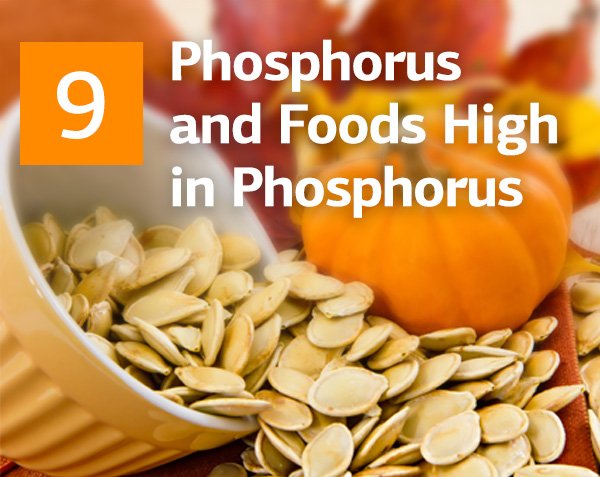
 Types of Salmon High in Phosphorus (100g):
Types of Salmon High in Phosphorus (100g):



